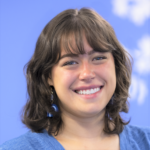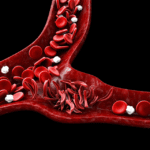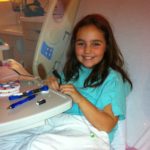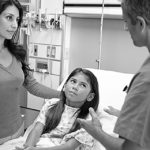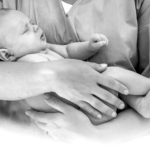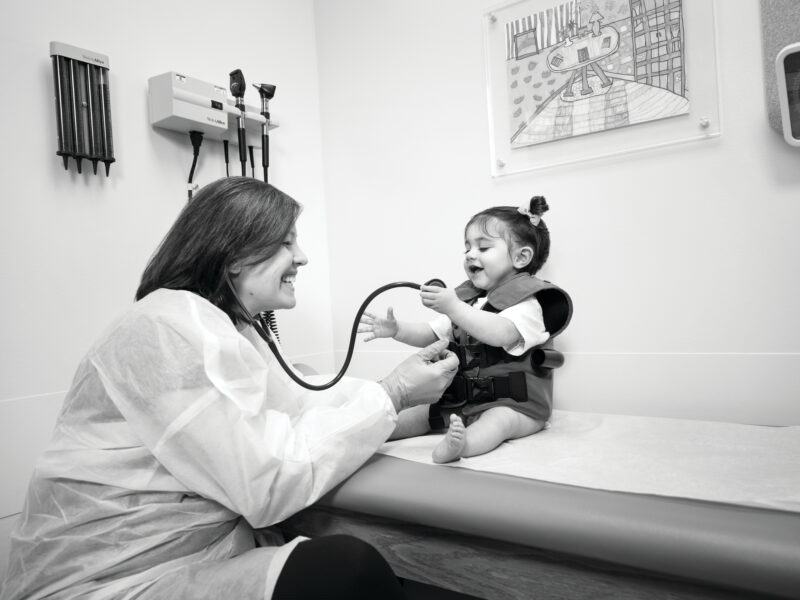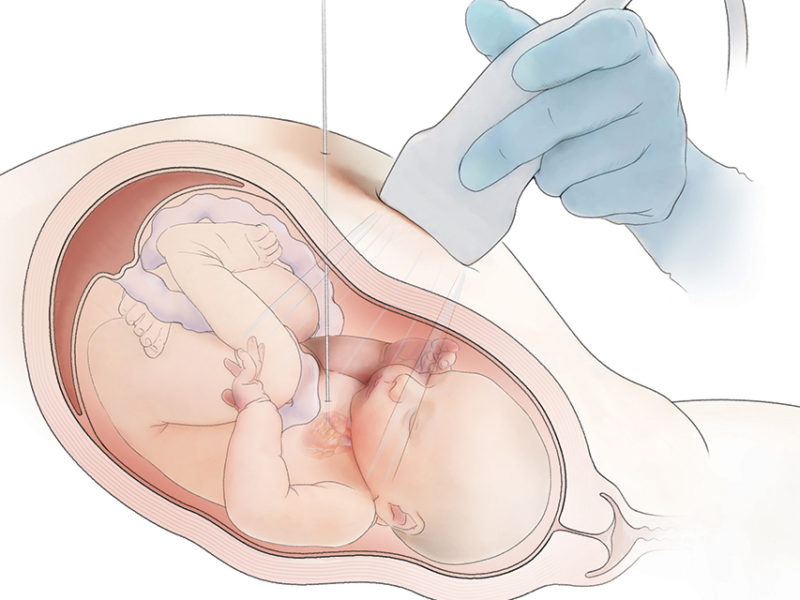Featured Researcher — Tendy Chiang, MD, FACS
Featured Researcher — Tendy Chiang, MD, FACS https://pediatricsnationwide.org/wp-content/themes/corpus/images/empty/thumbnail.jpg 150 150 Natalie Wilson Natalie Wilson https://pediatricsnationwide.org/wp-content/uploads/2021/06/Natalieheadshot3-2.png- April 07, 2021
- Natalie Wilson
Tendy Chiang, MD, FACS is a principal investigator in the Center for Regenerative Medicine at the Abigail Wexner Research Institute at Nationwide Children’s Hospital. His work focuses on understanding how airway tissue repairs and regenerates itself and using that information to design tissue-engineered trachea. Tissue engineering is the process of seeding cells on a biodegradable scaffold or support structure to grow functional tissue that can be used to restore, maintain or improve damaged tissues or organs. Within the body, cells make and secrete their own scaffolds called extracellular matricies.
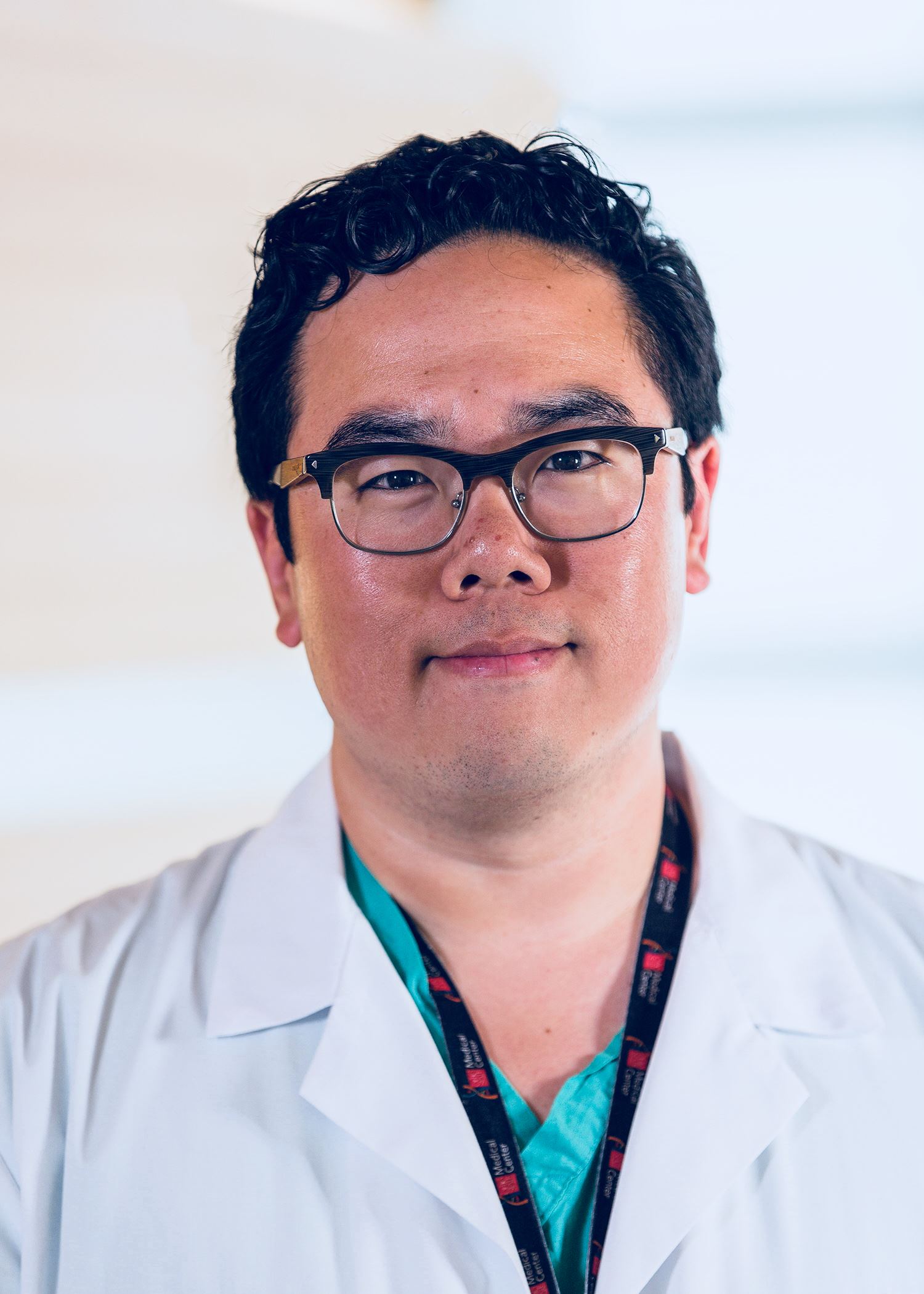
Because the trachea is a complex organ made of cartilage, epithelial tissue and blood vessels, attempts to surgically repair trachea with synthetic or transplanted materials have produced less than ideal outcomes. The tracheal replacements studied and designed by Dr. Chiang and his lab would drastically minimize complications that arise from other approaches to tracheal repair, including lack of growth capacity, narrowing of the airway, wound breakdown, increased risk of infection and poor durability. When placed in a patient, tissue engineered tracheal grafts would allow a child’s own cells to fill in and continue growing the new tissue needed to repair and replace the diseased or absent airway.
Currently, Dr. Chiang is directing a five-year K08 grant from the National Institutes of Health (NIH) that’s funding his team’s research on the mechanisms of regeneration in these grafts in vitro and in small animal models. Additionally, the data generated from this research provided the foundation for Dr. Chiang’s recently funded NIH R01 award, entitled “Tissue-engineered trachea composites for long segment airway replacement.”
Additionally, Dr. Chiang is a pediatric otolaryngologist in Ear, Nose & Throat (Otolaryngology) Services at Nationwide Children’s. His clinical work involves the entire spectrum of pediatric otolaryngology care, particularly aerodigestive disorders, pediatric head and neck masses, and pediatric sleep disorders.
Dr. Chiang completed both his medical degree and his residency in otolaryngology at The Ohio State University College of Medicine. He completed his fellowship in pediatric otolaryngology at Children’s Hospital Colorado and joined the hospital’s faculty as a pediatric otolaryngologist prior to returning to Columbus in 2014. Dr. Chiang is now an assistant professor in the Department of Otolaryngology at his alma mater.
Read on to learn more about Dr. Chiang’s work and research career.
What’s your favorite part of working at Nationwide Children’s?
I was motivated to return to Columbus by my interest in teaching and mentoring students and surgical trainees, and mentorship is now one of my favorite parts of my position. I mentor the staff in my lab, and it’s a joy to help develop their interests in the field and see them become immersed in a research project.
As the associate program director for our pediatric Otolaryngology Fellowship, I am also able to provide mentorship in clinical practice. I probably learn more from those I mentor than I teach them!
The path to become a physician is a long one, and there’s definitely a lot of peaks and valleys along the way. I have had wonderful support and mentorship throughout my entire journey — I still meet with my mentors weekly! — and I’m really invested in paying that forward.
What’s next? What do your future research and professional development plans look like?
I anticipate that our progress will result in more studies of clinical feasibility in the near future, which will support the translation of our technology to the clinic to provide a solution for children with long-segment tracheal disorders.
How does your research serve our patients and our community?
While a variety of tracheal replacements and techniques have been implemented and studied — transplanted synthetic materials, tissue from donors, autologous tissue where a patient receives his or her own cells from elsewhere on the body, etc. — none have had ideal or consistent outcomes. There’s no standard of care for treating populations with complex airway complications that require tracheal repair, and the use of tracheal replacements is still fairly heroic — a last-ditch effort when no other surgical solution is available for these patients. We hope that our graft, on the other hand, will soon provide a better solution that’s widely accessible for any surgeon or hospital to employ.
There are several critical design critera for the ideal tracheal replacement. First, it must have predictable mechanical properties and the ability to support functional respiratory epithelium. There also must be reliable and reproducible results after implantation. We have several models both in vitro and in vivo, or both inside and outside living animals, that we are using to assess how well our grafts meet these criteria.
Fun Facts About Dr. Chiang
What would be your dream job if you didn’t work in research?
I would love to have a career as a professional musician. Music has always been a huge part of my life. It taught me a great deal of discipline at an early age and has continued to provide opportunities for excellence and another community of friends throughout my life.
What’s your favorite food?
My go-to meal is definitely sushi and sashimi from Akai Hana, a Japanese restaurant on Old Henderson Road.
Favorite music?
The music I listen to is constantly changing, but recently I have been listening to a lot of lo-fi music.
Favorite way to relax?
I spend most of my time off with family; we enjoy early morning weekend hikes and bike rides through many of the Columbus area metro parks.
What talent would you most like to have?
My mom was an amazing chef, specifically with traditional Chinese cuisine. I would love to learn how to replicate many of these dishes that bring back so many fond memories of my childhood.
Where would you most like to travel?
Right before the pandemic, we had planned a family trip to France to watch the French Open. I am hoping that we can reschedule this in the near future!
About the author
Natalie is a passionate and enthusiastic writer working to highlight the groundbreaking research of the incredible faculty and staff across Nationwide Children's Hospital and the Abigail Wexner Research Institute. Her work at Nationwide Children's marries her past interests and experiences with her passion for helping children thrive and a long-held scientific curiosity that dates back to competing in the Jefferson Lab Science Bowl in middle school. Natalie holds a bachelor’s degree in sociology from Wake Forest University, as well as minors in women's, gender & sexuality studies and interdisciplinary writing. As an undergraduate student, Natalie studied writing and journalism, engaged with anthropological and sociological research with a focus on race and ethnic relations, served as executive editor for the student newspaper, the Old Gold & Black, and gained marketing experience as an intern for a nonprofit entrepreneurial incubator, Winston Starts, as well as by working for Wake Forest University School of Law Office of Communication and Public Relations and its Innocence and Justice Clinic.
-
Natalie Wilsonhttps://pediatricsnationwide.org/author/natalie-wilson/
-
Natalie Wilsonhttps://pediatricsnationwide.org/author/natalie-wilson/
-
Natalie Wilsonhttps://pediatricsnationwide.org/author/natalie-wilson/
-
Natalie Wilsonhttps://pediatricsnationwide.org/author/natalie-wilson/
- Posted In:
- Featured Researchers



